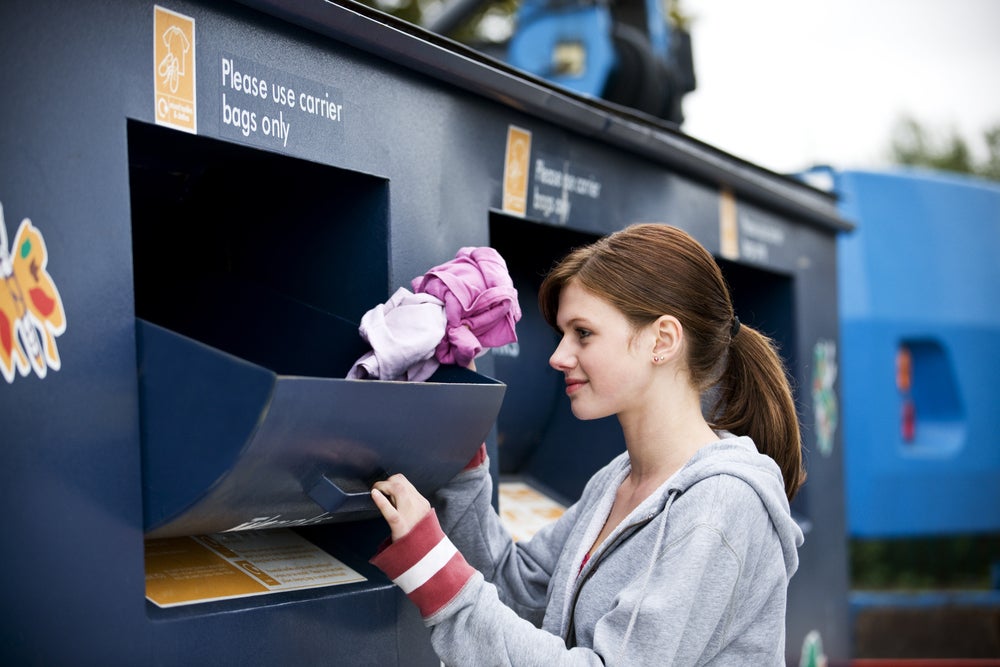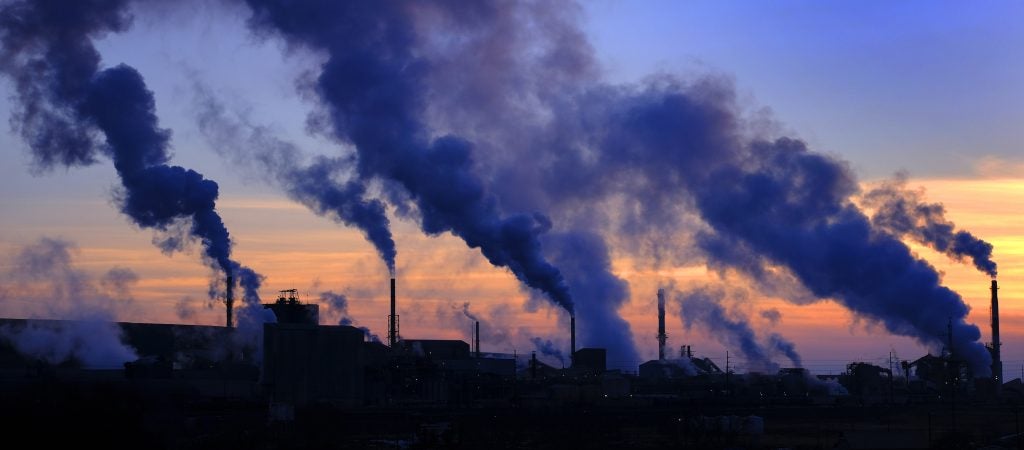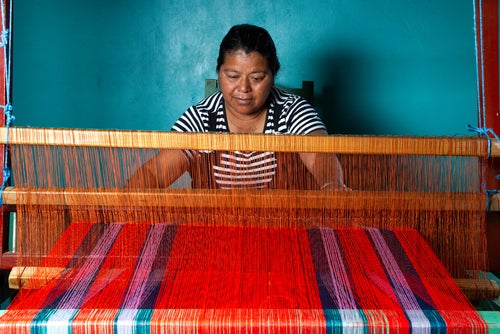A Norwegian study has found potential use for artificial intelligence (AI) in tracing the origins of waste and providing feedback to apparel brands.
Avfall Norge, a Norwegian organisation representing more than 200 waste management and recycling companies, ran the study in summer 2023 with 71 students as part of its REdu-program.
The students analysed 3,024 items of textile waste from various municipalities in Norway over two weeks. They were able to identify clothing from 708 different brands using a Targeted Producer Responsibility picking analysis using AI and machine learning (ML).
For 84.78% of the items analysed using the AI tool, the brand of the garment was easily identifiable. The researchers say this information can help create feedback loops with brands, which they say may help to “nudge producers towards sustainable production”.
As well as the brand of each item, the analysis also provided information about the composition of its fibres, garment age, the country of production and its potential for reuse. The AI and ML tools made use of product labels, tracking each brands' labelling system.
The researchers believe that their AI and ML method can be used to provide more accurate data about the lifecycle of apparel, allowing for fashion brands to be held more accountable for the end-of-life of their products.
The report says: “We observed fast fashion’s strong influence, with many items being in mint condition, despite being discarded. Alarmingly, some even had their price tags intact.”
While sorting items, the researchers also found that many items had been discarded despite only having minor damages. The report argues this highlights the need for consumer education on garment care and advice on easy repairs.
The researchers say the data gathered using their new method and AI can be used to automate the sorting and recycling apparel waste process. The report adds: “Such insights can lay the groundwork for transformative strategies and policies that address waste at its source and curtail fast fashion’s unchecked growth.”















